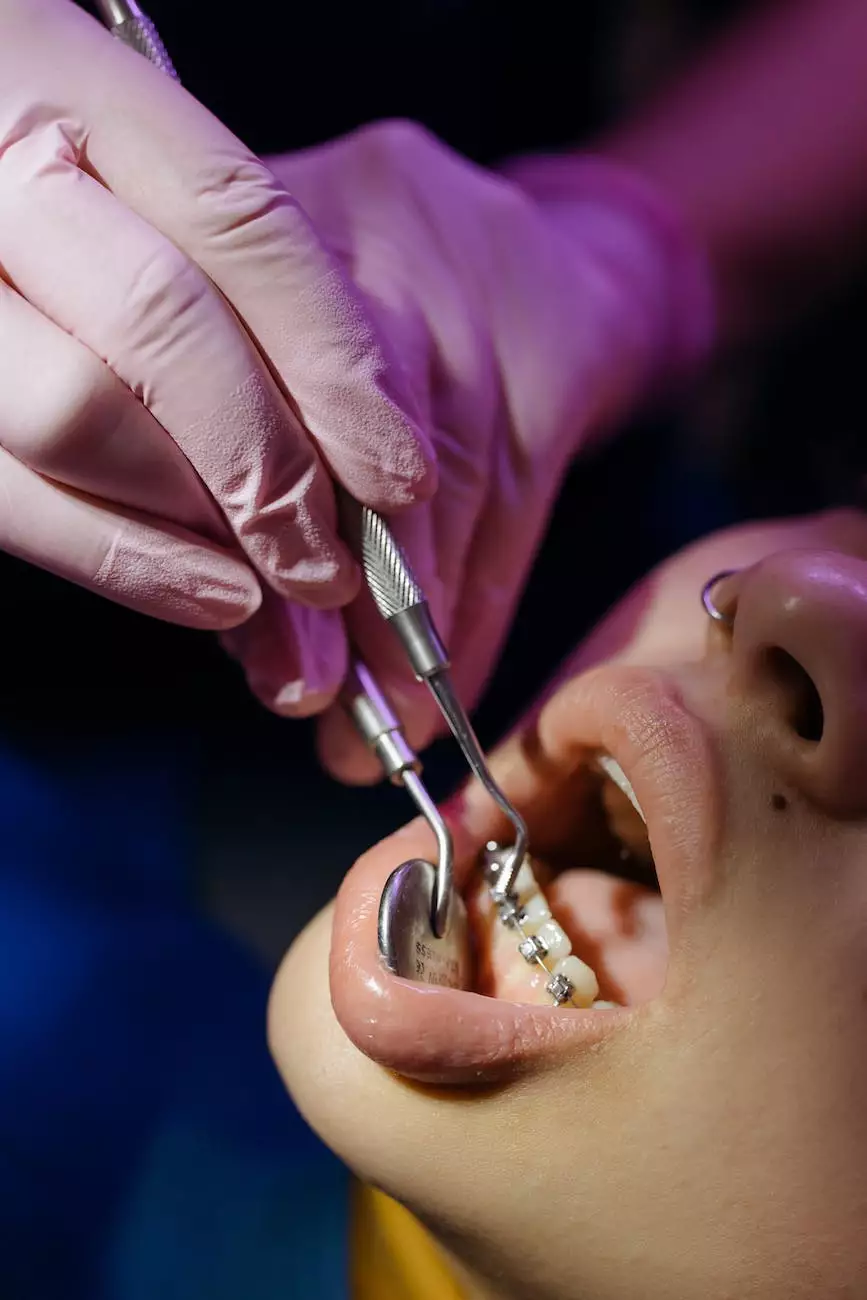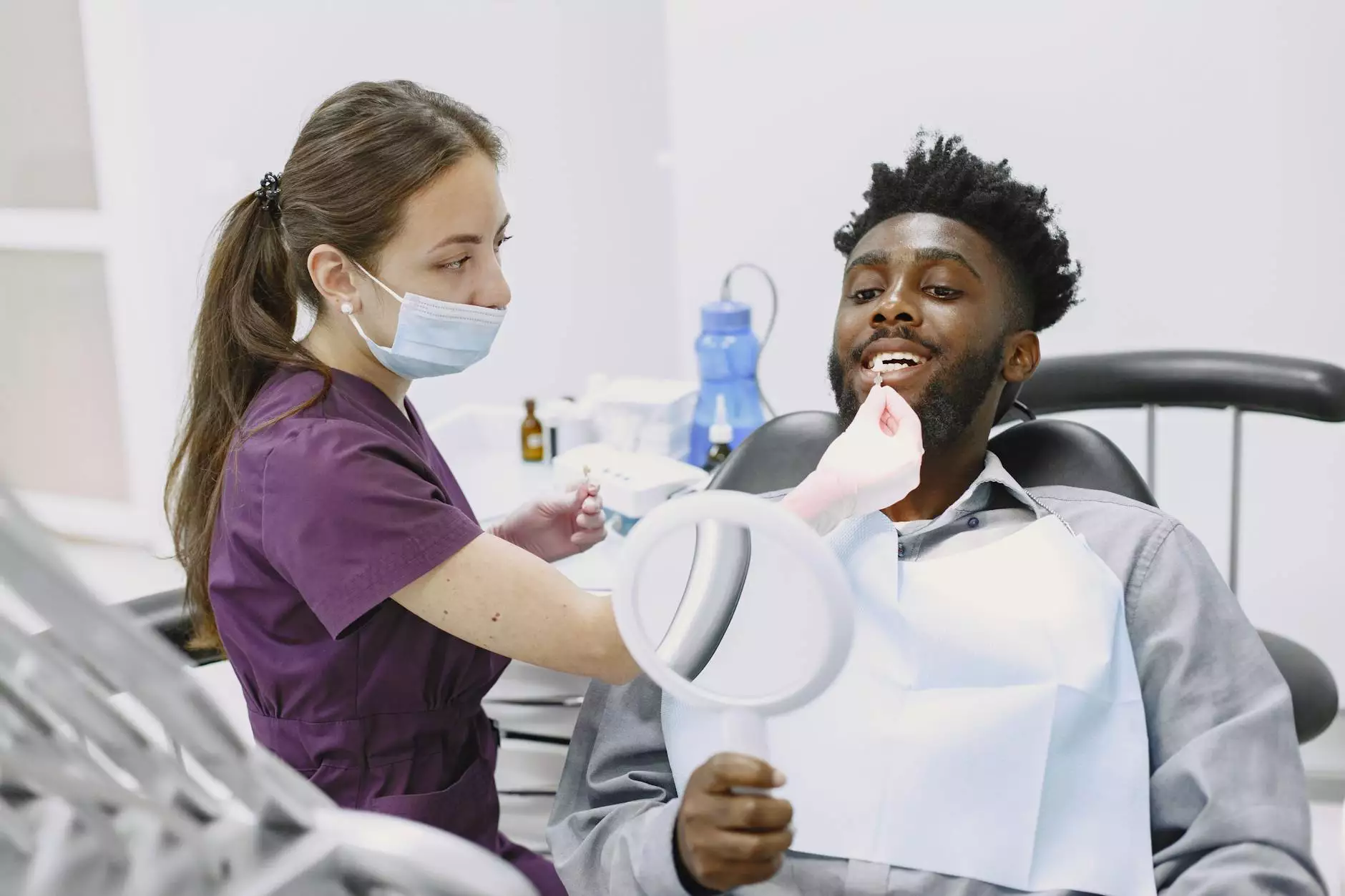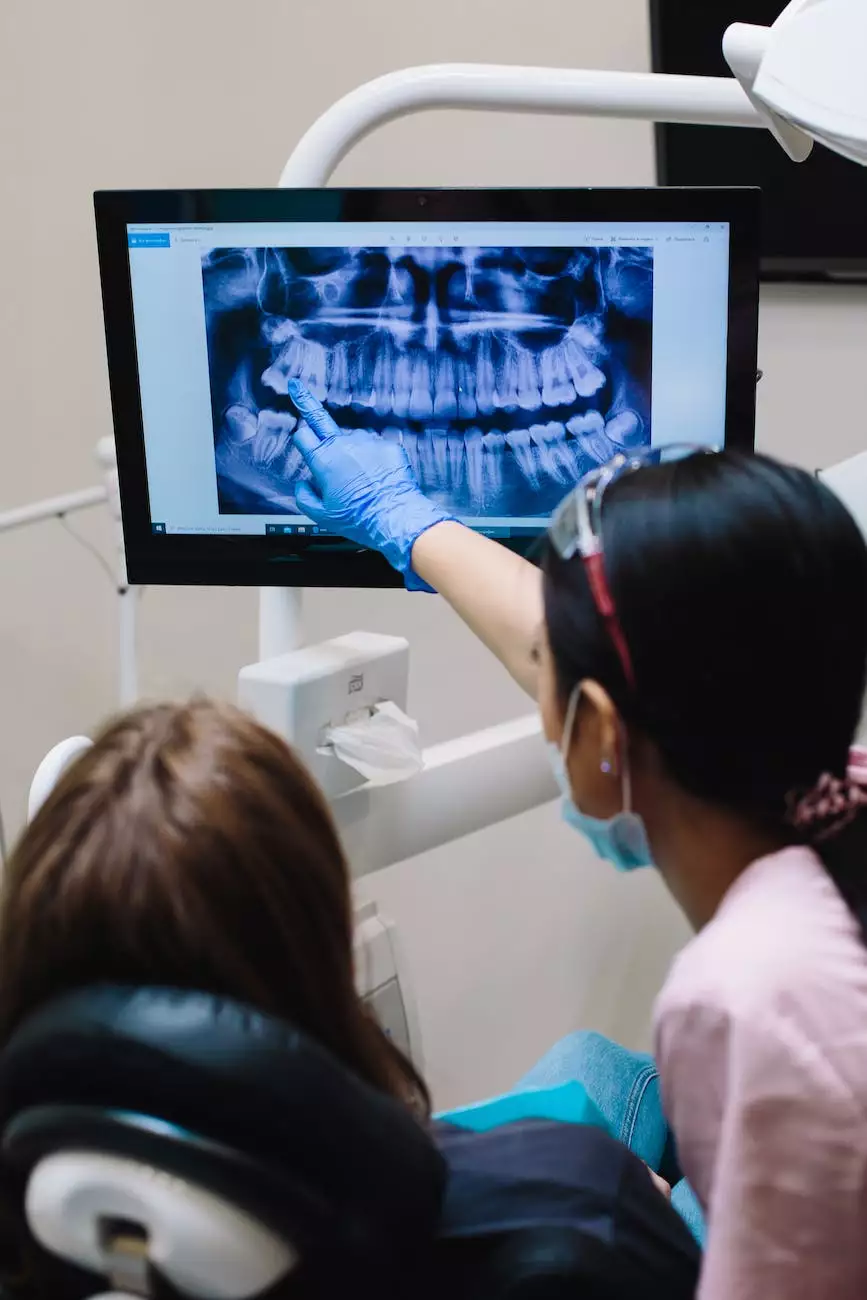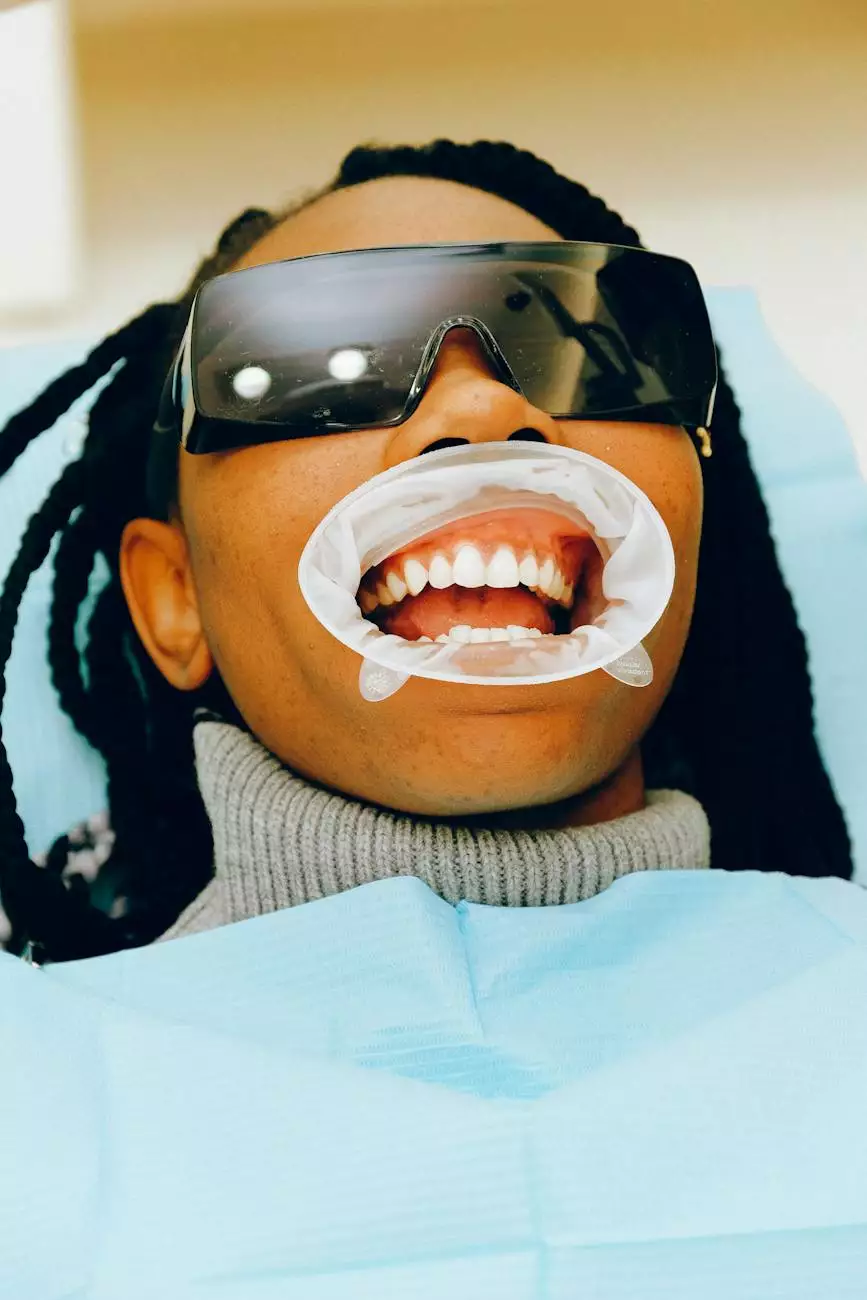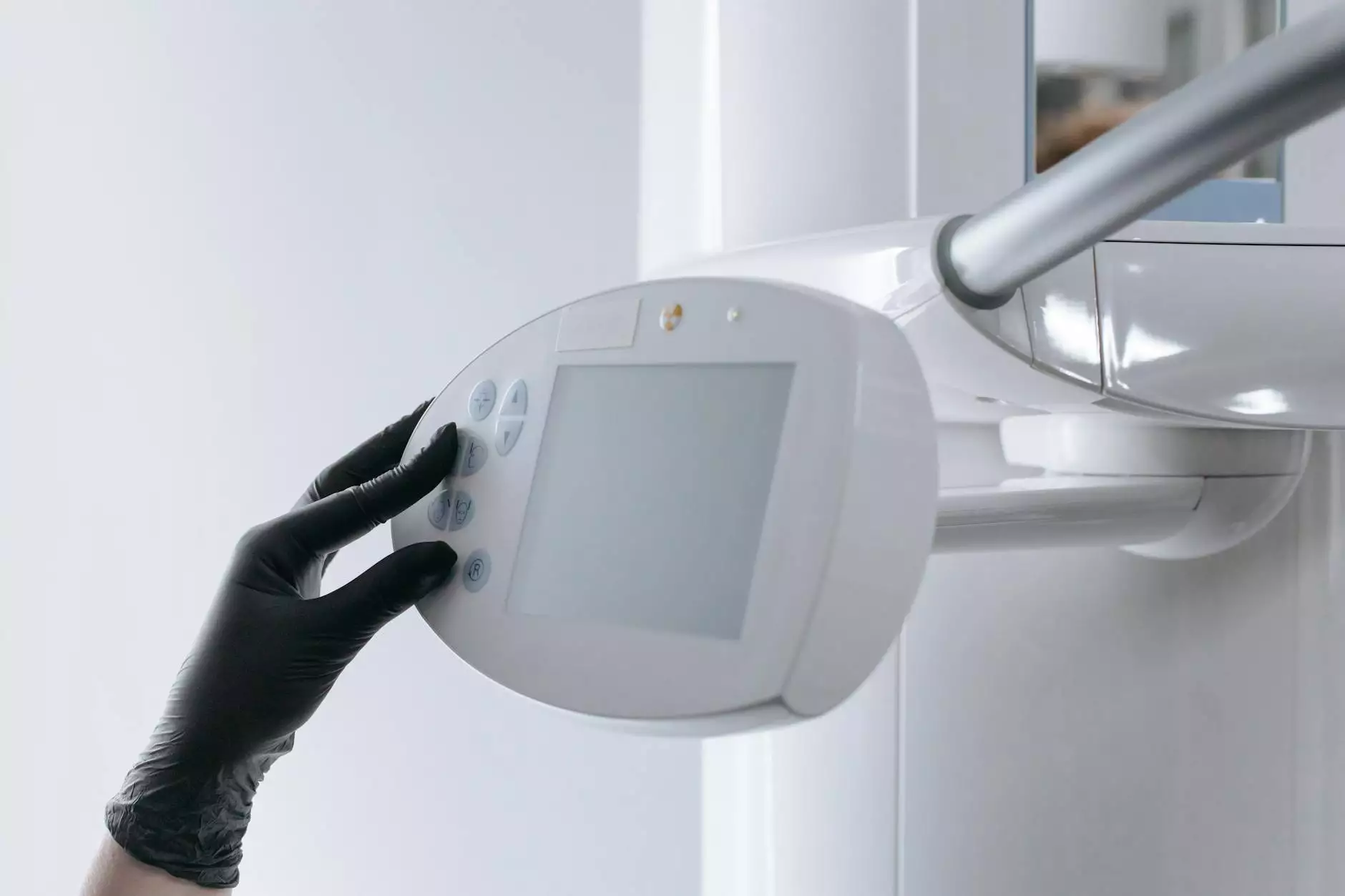Oral Piercing
Oral Health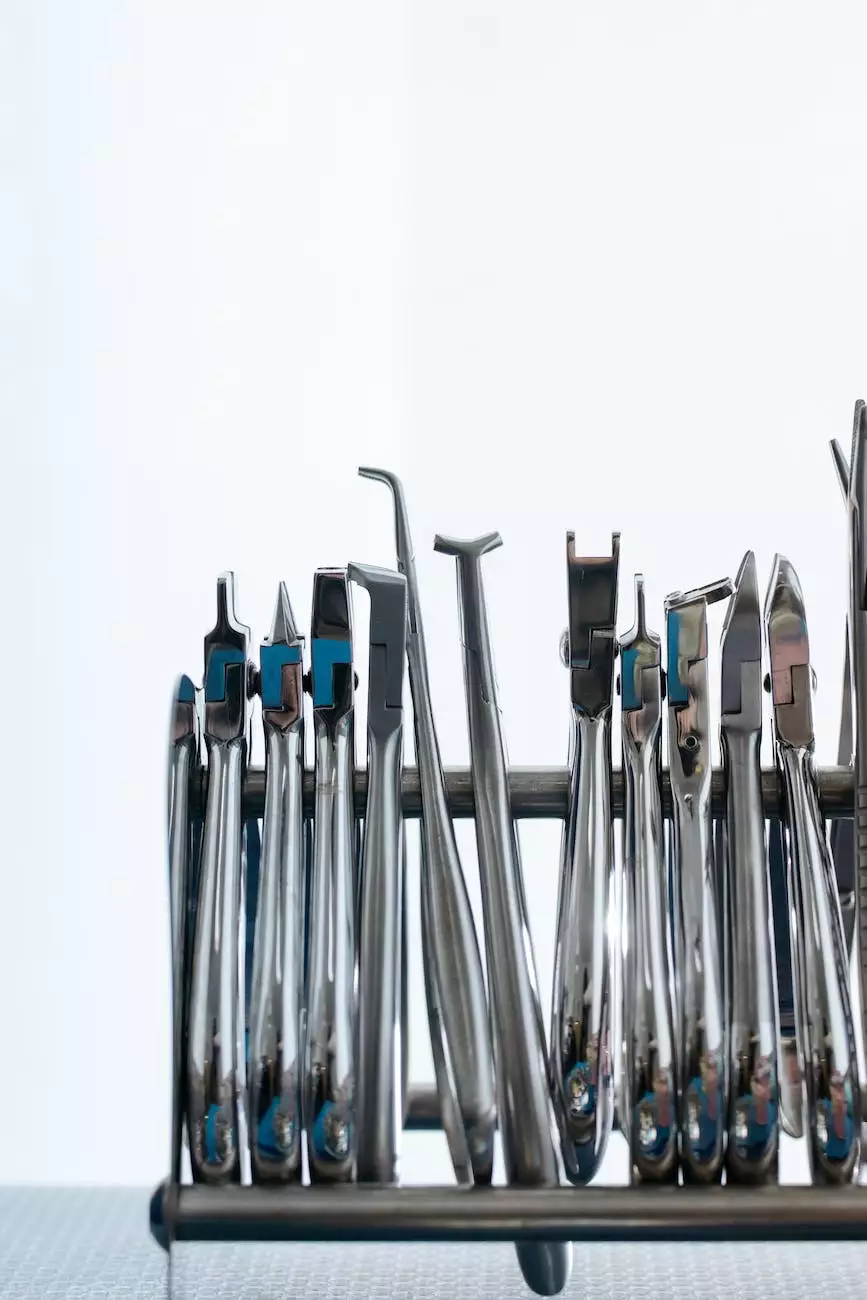
Introduction
Welcome to the comprehensive guide on oral piercing, provided by Marvin Blumentritt, DMD - Troy Dental. As a leading provider of dental services in the Health - Dentist and Dental Services category, we aim to educate our patients and raise awareness about oral health topics. In this article, we will discuss the various aspects of oral piercing, its potential risks, and how it can affect your dental health.
The Popularity of Oral Piercing
In recent years, oral piercing has gained substantial popularity among individuals seeking self-expression and uniqueness. Tongue, lip, and cheek piercings have become trendy fashion statements for some, but it is crucial to understand the potential consequences before getting one.
Potential Risks and Complications
While oral piercing may seem like a harmless way to express oneself, it is important to be aware of the risks and potential complications associated with these procedures. Complications can arise during the piercing process itself and in the subsequent stages of healing. Some potential risks include:
- Infection: Oral piercings create an open wound in your mouth, making it easier for bacteria to enter the bloodstream. This increases the risk of infection, which can lead to swelling, pain, and other complications.
- Damage to teeth and gums: The metal jewelry used in oral piercings can come into contact with your teeth and gums, causing chipped or cracked teeth, gum recession, and other dental problems.
- Speech and chewing difficulties: Tongue piercings, in particular, can affect speech and cause difficulties in pronouncing certain sounds. They can also interfere with chewing and swallowing.
- Oral health complications: Oral piercings can lead to increased plaque and tartar buildup, which can contribute to gum disease and tooth decay.
- Allergic reactions: Some individuals may experience allergic reactions to the metals used in oral piercings, leading to discomfort, swelling, and other symptoms.
Proper Aftercare and Maintenance
After getting an oral piercing, it is crucial to prioritize proper aftercare and maintenance to minimize the associated risks. Here are some essential tips for taking care of your oral piercing:
- Follow the instructions provided by your piercer regarding cleaning solutions and proper hygiene.
- Avoid chewing on hard or sticky foods that can damage the piercing or jewelry.
- Be cautious when speaking or playing with the piercing to reduce the risk of oral injuries.
- Regularly brush your teeth, and use an antibacterial mouthwash recommended by your dentist.
- Visit your dentist for routine check-ups to ensure optimal oral health.
Consulting a Dentist
It is crucial to consult a dentist, such as Marvin Blumentritt, DMD - Troy Dental, before deciding to get an oral piercing. Our experienced dental professionals can provide expert advice, evaluate your oral health, and discuss the potential consequences specific to your situation. We prioritize your dental well-being and aim to help you make informed decisions.
Conclusion
While oral piercing may be trendy, it is essential to consider the potential risks and complications it can bring. Your oral health should never be compromised for fashion statements. At Marvin Blumentritt, DMD - Troy Dental, we encourage you to prioritize your dental well-being and make informed decisions to maintain a healthy smile. Contact us today to schedule a consultation and benefit from our exceptional dental services.


